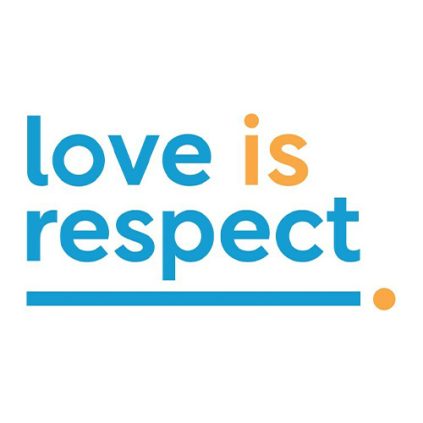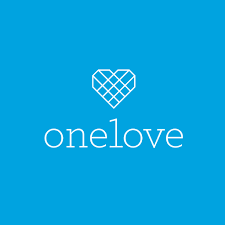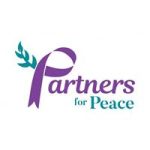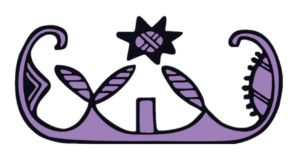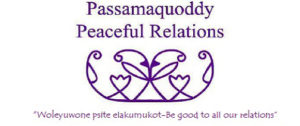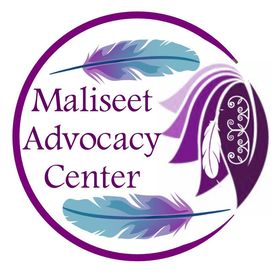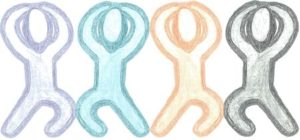The Student Wellness Resource Center supports the search for healthy relationships.
Below are the signs of healthy and unhealthy relationships, as published by OneLove. These are intended to identify characteristics of a healthy relationship, not to label an existing one as healthy or unhealthy.
Signs of a Healthy Relationship
Here are OneLove’s 10 signs of a healthy relationship (sometimes called green flags).
- Comfortable Pace – The relationship moves at an enjoyable pace for both people.
- Trust – You believe your partner would not do anything to hurt you or your relationship.
- Honesty – You feel that you can be honest and candid with your partner without fear of your partner’s reaction
- Respect – You and your partner value each other’s beliefs and opinions and love each other for who they are as a person.
- Kindness – You and your partner care about each other and are empathic to each other.
- Fun – You enjoy your time together and bring out the best of each other.
- Healthy Conflict – Any issues or disagreements are discussed respectfully and non-judgmentally.
- Taking Responsibility – You and your partner own your actions and words and do not blame the other person.
- Equality – Both you and your partner give equal effort to the relationship’s success.
While these signs are part of the foundation of a healthy relationship, they do not signal perfection and may be present at variety of levels. They do not need to all be present to consider your relationship successful.
A variety of stressors can impact your relationship, with many life events fostering change within individuals. Communication with your partner is key to understanding how this will affect the dynamic of your relationship.
Signs of an Unhealthy Relationship
Here are OneLove’s 10 signs of an unhealthy relationship (sometimes called red flags).
- Intensity – Your partner’s feelings are extreme enough to make you feel uncomfortable.
- Possessiveness – Your partner’s jealousy is being used to control your actions and social group.
- Manipulation – Your partner–sometimes subtly–tries to control you.
- Isolation – Your partner keeps you from your family, friends, and others.
- Sabotage – Your partner purposefully ruins your reputation and success.
- Belittling – Your partner uses their language to make you feel bad about yourself.
- Guilting – Your partner makes you feel like it is your responsibility to maintain their happiness or actions.
- Volatility – Your partner’s reactions are unpredictable.
- Deflecting Responsibility – Your partner blames their unhealthy behavior on anyone or anything but themselves.
- Betrayal – Your partner is disloyal.
In the event that a relationship doesn’t measure up to an individuals’ wants or needs, there may be some issues that need to be examined. Whether it is a large or a small issue, communication with your partner can help relieve pressure and find compromise.
If you think any of the above signs are present in your relationship, making a safety plan is encouraged, whether your final decision is to stay in or leave the relationship. Include plans to stay safe on and off campus as well as on any social media. If you need help creating a safety plan, Loveisrespect.org has a sample one.
If you are in immediate danger, call 911 for immediate assistance. You can also use the Black Bear Safe app to request assistance from UMaine PD.
Resources
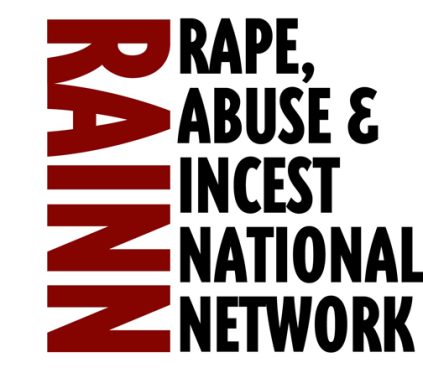
Tribal Community Resources
There are a variety of services and resources for survivors of all types of sexual violence, intimate partner violence, and stalking provided to all native people. These partners empower survivors through hospital accompaniment, court and system advocating, safety planning, transportation, and emergency shelter services by connecting them with community referrals and resources. The goal of these partners is to help with transitional services and support groups that lead survivors to safety, justice, and healing.
The Wabanaki Women’s Coalition
The mission of the Wabanaki Women’s Coalition is to increase the capacity of tribal communities to respond to domestic and sexual violence, and influence tribal, national, and regional systems to increase awareness, safety, justice, and healing for all our relations.
Penobscot Nation Domestic and Sexual Violence Advocacy Center
The mission of the Penobscot Nation Domestic and Sexual Violence Advocacy Center is to serve the needs to the victims/survivors of domestic and sexual violence who seek services while working to end violence against Native People.
Passamaquoddy Peaceful Relations Domestic & Sexual Violence Advocacy Center
The mission of Passamaquoddy Peaceful Relations Domestic and Sexual Violence Advocacy Center is to effect change within the Tribal community where equality, respect, and nonviolence become cornerstones of all relationships.
Indian Township Passamaquoddy Domestic and Sexual Violence Advocacy Center
The mission of the Indian Township Passamaquoddy Domestic and Sexual Violence Advocacy Center is to serve the needs of victims/survivors of domestic violence, sexual violence, dating violence, stalking, and human trafficking while working to end violence against Native people.
Maliseet Domestic & Sexual Violence Advocacy Center
The Maliseet Domestic & Sexual Violence Advocacy Center is dedicated to ending violence against Native women by assisting victims in regaining personal safety and control of their life, ensuring accountability of perpetrators of violence within the Tribal and non-tribal Law enforcements and judicial systems, and promoting peaceful relations in our Tribal families and Community.
Micmac Domestic & Sexual Violence Advocacy Center
The mission of the Micmac Domestic and Sexual Violence Advocacy Center is to serve the needs of the victims/survivors of domestic and sexual violence who seek our services while working to end violence against Native women and their children.

